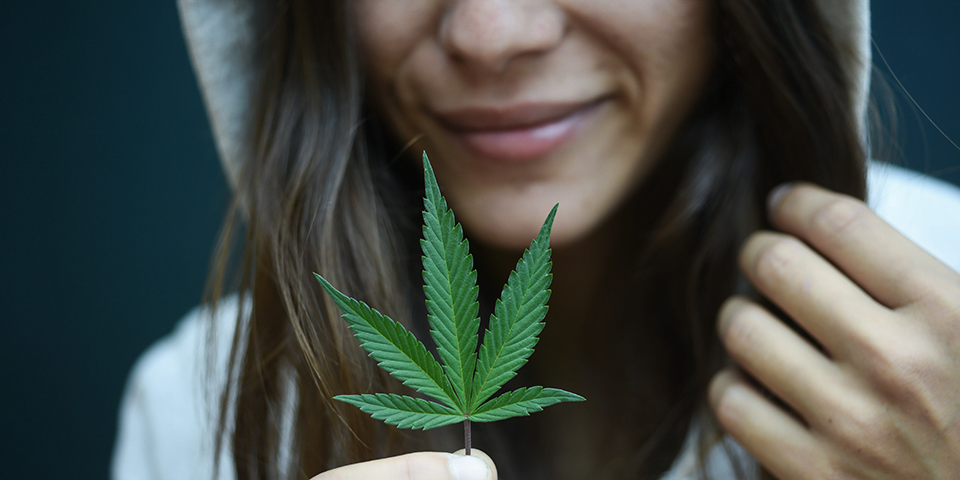One in eight Australian women with endometriosis use cannabis to alleviate pain and other symptoms, ranking it as the most effective treatment, according to a new study published this week.
Researchers from NICM Health Research Institute, Western Sydney University and UNSW Sydney surveyed 484 Australian women with endometriosis between the ages of 18 and 45 to determine the types of strategies they used to self-manage symptoms.
The results show 76 per cent of women reported using a self-management strategy in the previous six months, with cannabis ranked as the most effective treatment by those women.
Other self-management strategies included breathing techniques, yoga, dietary changes and heat.
The women said that along with reducing pain, they felt cannabis significantly reduced symptoms of nausea and vomiting, gastrointestinal symptoms, problems with sleep, feelings of depression and anxiety.
Cannabis dosage forms varied among the respondents with 50 per cent choosing to inhale through smoking, 12 per cent inhaling through vaping, 12 per cent administering orally and two per cent choosing to administer an oil either vaginally or rectally. The remaining 24 per cent used a combination of these methods.
Women using cannabis also reported decreasing the medication they normally took for their endometriosis symptoms, with just over half saying they decreased their medication by 50 per cent or more. Reported side effects were mild and relatively rare.
Endometriosis is a chronic condition where tissue similar to the lining of the uterus is found outside the uterus, and commonly causes pelvic pain and fatigue, with many women reporting significant negative impact on many aspects of their life, including education and work, friendships and sexual relationships.
In Australia, about one in nine women born between 1973 and 1978 were diagnosed with endometriosis by age 40-44. The condition may cost up to $9.7 billion a year in Australia, mostly through productivity losses.
Aside from surgery, current treatments for endometriosis include use of oral contraceptive or progestogens, and non-steroidal anti-inflammatory drugs, which don’t always provide adequate pain control, or have side effects that are hard to tolerate for some women. Opioid analgesics are often prescribed for pain, although there is a risk of dependency and overdose.
Lead author on the study, NICM Health Research Institute Research Fellow and Coordinator of the Australian Medicinal Cannabis Research and Education Collaboration Justin Sinclair said that due to the limitations of existing medical treatments for endometriosis, women are turning to self-care or lifestyle interventions for symptom relief, and research is needed into the effectiveness of these self-management strategies.
“Cannabis has a long history of use in ancient and scientific literature for various conditions such as period pain,” he said. “However, until now nothing has been investigated for cannabis being used for endometriosis.
“Past research has demonstrated that cannabinoids exert analgesic and anti-inflammatory activity. Our research sought to determine the prevalence, tolerability and self-reported effectiveness of cannabis in women with endometriosis.”
Australian law currently requires legal medicinal cannabis use to follow specific, regulated pathways that limit prescription. However, self-reported illicit use of cannabis remains relatively common in Australian women with endometriosis.
Chief investigator on the study, NICM Health Research Institute’s Dr Mike Amour, said: “Due to the timing of when the survey was administered, most – if not all – of the women in the survey would have been using illicit cannabis as access to medicinal cannabis was still in its infancy.
“Further research is needed to assess the effectiveness of quality controlled medicinal cannabis and women with endometriosis.”
The paper, ‘Cannabis use, a self-management strategy among Australian women with endometriosis: Results from a national online survey’, was published in Journal of Obstetrics Gynaecology Canada.









